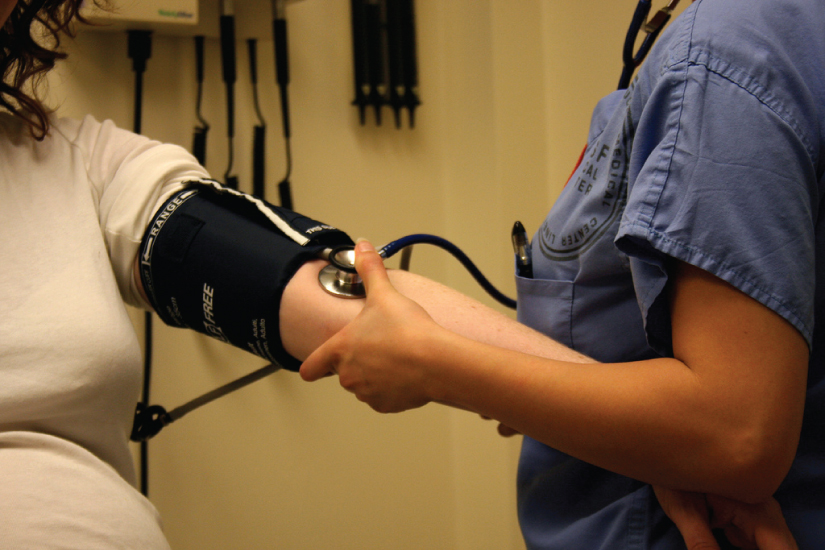The Importance of Blood Pressure Screening
A Vital Tool for Maintaining Health

Introduction
Blood pressure screening is an essential aspect of maintaining good health and preventing serious medical complications. High blood pressure, also known as hypertension, can lead to various health problems if left untreated. Blood pressure screening is a simple, non-invasive procedure that can help identify potential issues and prevent complications. This blog post will discuss the importance of blood pressure screening, how it works, and the benefits it offers in maintaining overall health.
Understanding Blood Pressure
Blood pressure is the force exerted by blood on the walls of blood vessels as it moves through the body. It is measured in millimeters of mercury (mm Hg) and is recorded as two numbers: systolic pressure and diastolic pressure. The systolic pressure, the higher of the two numbers, measures the pressure in the arteries when the heart is contracting, while the diastolic pressure, the lower number, measures the pressure when the heart is at rest between beats.
Normal blood pressure typically ranges between $90/60$ mm Hg and $120/80$ mm Hg. Prolonged high blood pressure can lead to several health complications, such as heart disease, stroke, kidney disease, and vision problems.
The Importance of Blood Pressure Screening
-
Early Detection of Hypertension: Regular blood pressure screening is crucial in detecting hypertension early, allowing for prompt medical intervention. Often called the “silent killer,” high blood pressure usually doesn’t cause noticeable symptoms until it reaches advanced stages. Early detection and treatment can help prevent long-term damage to organs and reduce the risk of complications.
-
Monitoring the Effectiveness of Treatments: Blood pressure screening is essential for those who have been diagnosed with hypertension and are undergoing treatment. Regular monitoring allows doctors to determine the effectiveness of medications and lifestyle changes, ensuring optimal treatment plans.
-
Assessing Cardiovascular Risk: Blood pressure is a significant risk factor for cardiovascular disease. By regularly monitoring your blood pressure, you and your healthcare provider can assess your overall risk and take necessary preventive measures.
-
Encouraging a Healthy Lifestyle: Regular blood pressure screening can serve as a reminder to maintain a healthy lifestyle, including a balanced diet, regular exercise, and stress reduction. A healthy lifestyle is crucial for maintaining normal blood pressure and reducing the risk of hypertension.
How Blood Pressure Screening Works
Blood pressure screening is a simple, painless procedure that can be done in a doctor’s office, clinic, or even at home using a blood pressure monitor. The test involves placing an inflatable cuff around the upper arm and inflating it to restrict blood flow temporarily. A stethoscope is then used to listen to the blood flow as the cuff deflates, allowing the healthcare provider to determine the systolic and diastolic pressures.
Conclusion
Blood pressure screening is a vital tool in maintaining good health and preventing serious medical complications. Regular screenings can help identify hypertension early, monitor the effectiveness of treatments, assess cardiovascular risk, and encourage a healthy lifestyle. It is essential to talk to your healthcare provider about your blood pressure and the appropriate screening schedule based on your individual risk factors.
